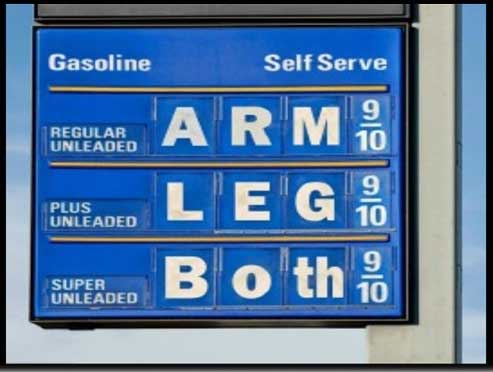New Hampshire, a notoriously tax-averse state, has liberals clamoring for tax hikes with recent news that state revenues for March were down slightly as against last year’s takings.
In the immediate sights of would-be revenue-enhancers? The Granite State’s cigarette tax.
Last year, New Hampshire took the gutsy step of cutting the tax by ten cents a pack– a small reduction, but one that some argued would boost revenues overall by encouraging more cross-border purchases. And indeed, in January and February, cigarette tax revenues were higher than what had been projected.
But now, opponents of the cigarette tax cut are claiming that it is costing the state revenue, because the state collected $4.3 million less than was expected from cigarette taxes last month. This is despite the fact that business tax revenue for March was also lower than estimates, by $3.6 million. Furthermore, revenue resulting from state audits has fallen by over 75 percent as against this time last year.
Some believe that a factor other that the 10-cent-per-pack tax cut may be at play here, however.
Specifically, high gas prices could be contributing to reduced cross-border cigarette sales, as purchasers from states like Maine and Massachusetts find it uneconomical to drive to New Hampshire to stock up, even with smokes selling for cheaper there than back home.
According to massachusettsgasprices.com, at the beginning of the year, gas prices in the Bay State were running at about $3.30 a gallon. As of the time of writing, they were running at an average of $3.88 per gallon. Meanwhile, in Maine, gas began the year at about $3.35 per gallon; now, gas costs an average of $3.98 a gallon.
A carton of cigarettes costs about $3.75 less at New Hampshire Wal-Mart stores than at least one Maine counterpart, and about $9.50 less than at a Wal-Mart store in Massachusetts (in both cases, according to prices quoted to Capitol Confidential earlier this week). It therefore seems plausible, if not probable, that with the exception of smokers buying numbers of cartons in the double-digits, the economic incentive to cross the border and stock up has in fact diminished since January 1.
Of course, there is no easy solution to this conundrum, but it does offer one reason why proponents of the tax cut are unwilling to reverse it in the current circumstances, despite urging to do so.

COMMENTS
Please let us know if you're having issues with commenting.